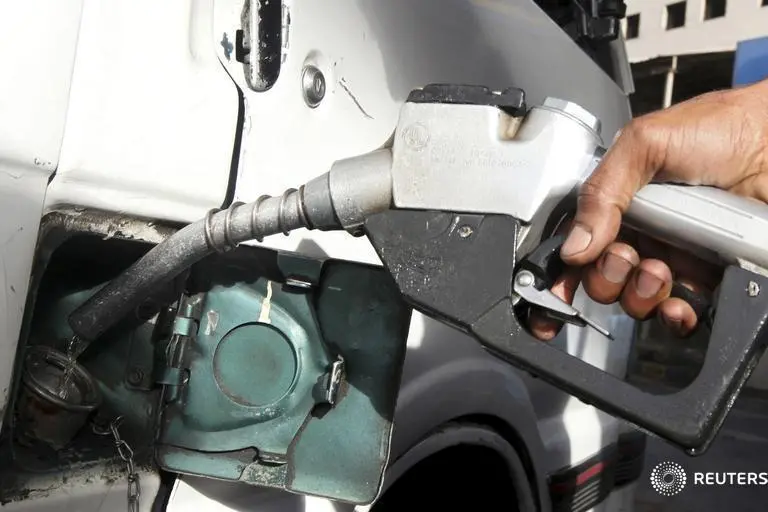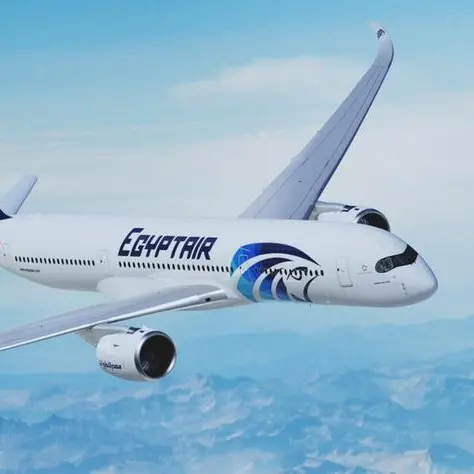PHOTO
Sunday, May 15, 2016
Dubai: Low oil price is having little impact on mergers and acquisitions (M&A) strategy in the Middle East and North Africa region as regional executives care more about the valuations, according to the latest edition of the EY Capital Confidence Barometer (CCB), a global survey that gauges corporate confidence in the economic outlook and identifies boardroom trends.
The EY survey of regional executives showed a majority (54 per cent) maintain a stable or positive outlook for the regional economies despite continuing geopolitical uncertainty coupled with low oil prices.
The survey results showed, in Mena, distressed asset sales are playing a more prominent role in deal making, largely because of a tightening of capital. Within many countries, governments are being given priority access to available capital, leaving less capital available to private enterprises, particularly family-owned businesses.
“This is forcing small- and medium-sized companies to take a hard look at their portfolios and shed any noncore assets in an effort to either shore up their balance sheets to weather any economic uncertainties or release cash to fund potential M&A activity,” said Phil Gandier, Mena Transaction Advisory Services Leader.
The region is starting to see more portfolio review initiatives and this is expected to drive M&A activity. Geographically, Mena companies are sticking close to home, with four out of five of their top deal destinations residing within the region, according to the CCB. The first quarter of 2016 saw a 43 per cent increase in domestic deal volume, rising from 21 deals in the first quarter of 2015 to 30 deals in in Q1 2016. EY expects Mena’s $50 billion to $60 billion annual M&A market to remain unchanged in 2016.
Price dislocation
Disparities in seller’s price expectation versus buyers’ valuation have created a price dislocation with the equilibrium price moving closer to buyer valuations. When it comes to deal expectations, glaring disparities in asset value versus purchase price have created post-deal disappointment for one-quarter of Mena companies overall, and more than one-third of Saudis, according to the survey.
Failed deal expectations stem largely from a lack of quality information when compared with developed countries. “In many instances, forward projections related to valuations are being subjected to increasingly growing buyer-scrutiny whereby buyers are looking to ensure that commercial realities and market sentiment are being factored in to company projections. As a result, sellers are becoming increasingly pressed to price some of the macro risks into deal pricing,” said Anil Menon, Mena M&A and IPO Leader, EY.
Changing consumer landscape
Disruptive trends, such as changes in consumer behavior, have more than one third of MENA companies looking for middle market deals that can transform their businesses to compete in a changing consumer landscape.
“Going forward, we expect reservedly confident Mena executives to take a position of watchful waiting as they look for the US economy to pick up, seek more certainty in China’s economy, and await the outcome of the Brexit debate,” said Gandier.
Given that many of the regional CEO’s report to boards in the US or Europe, these global factors will, at least in part, guide investment decisions in the months to come. However, family businesses in the region are likely to continue with their quest for strategic assets that meet their investment criteria.
By Babu Das Augustine Banking Editor
Gulf News 2016. All rights reserved.





















